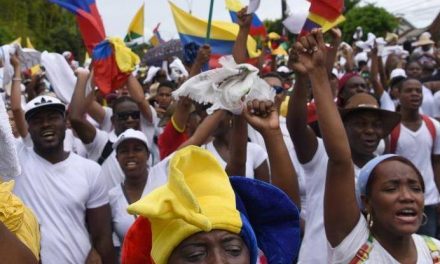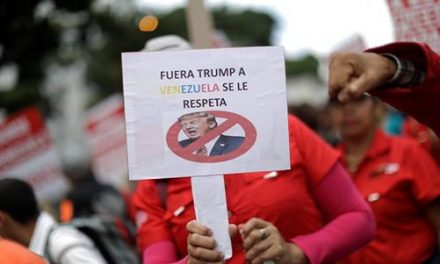Colombia’s second bid at a peace accord
The Colombian government of Juan Manuel Santos and the Revolutionary Armed Forces of Colombia signed a modified peace agreement that seeks to end decades of armed conflict between them. The “new final accord” comes after marathon negotiations in Havana and just weeks after the original agreement was narrowly rejected in a national referendum.
The latest agreement aims to address the concerns from the ultra-conservative sector that led the No vote. According to the Colombian government, the new deal is testament to what can be “achieved through dialogue and compromise”.
Some of the modifications to the agreement were related to justice, punishment for combatants accused of war crimes and reparations for the conflict’s victims. This includes requiring the rebels to present an inventory of acquired money and holdings, and the provision of safeguards for private owners and property during reforms carried out in the countryside.
The new and final accord does not go as far as the original one to protect women’s and LGBTI communities’ human rights who have disproportionately been affected by the conflict. Also unlike the original deal, only parts of the new agreement will be incorporated into the country’s Constitution.
The new peace accord has to be debated in Congress before it is approved and passed into law.
Regardless of the limitations of the new deal, the Colombian Working Group recognizes the agreement constitutes an important initial step forward for the country as it seeks to find a long lasting peace with social justice.
It is equally important that the Santos government undertake public and genuine peace negotiations with the National Liberation Army (ELN) and The Popular Liberation Army (EPL).
It is also critical that the Colombian government address the issue of paramilitary groups in the country which have begun to proliferate in areas left vacant by the FARC, according to the UN Office of the High Commissioner for Human Rights (OHCHR) in Colombia.
We ask the Colombian state to take measures to protect human rights defenders, and members of social organizations and to put an end to impunity for cases of violence against human rights defenders which are at an alarming 95% impunity.
We call on the Colombian government to urgently implement this new agreement.
We call on the Canadian government to support the implementation process and assist in strengthening victims’ access to justice and pressuring the Colombian government into taking action in cases of human rights violations.
The Colombia Working Group is a platform of Canadian unions, NGOs, and social organizations focused on human rights in Colombia.




